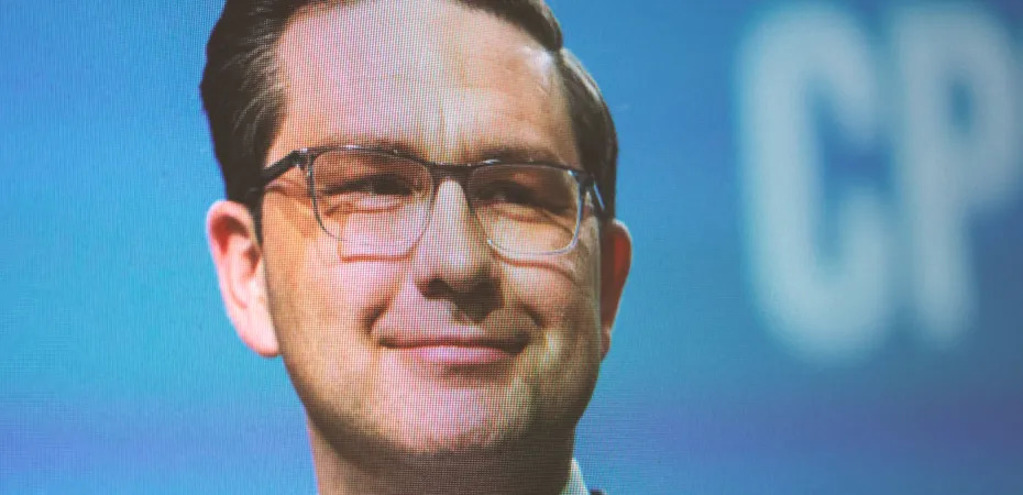The amount of Canadian partisan squabble that would be cut down by nationalizing oil is astounding. Also cut down significantly by nationalizing oil: the Earth burning.
Pierre Poilievre is unashamedly a broken clock when it comes to attacking the liberals’ federal carbon taxes. The Leader of the Opposition, an Alberta native, knows how to play to his hometown as it’s ostensibly in the interest of Albertans and Alberta’s oil industries to avoid tacked-on costs associated when “technology,” not incentives to reduce fracking, are his answer. Not only that, but Poilievre is on the record stating he wants to unleash domestically produced oil — an increase in 400,000 barrels a day in Newfoundland and pursuing the Keystone Pipeline — if he gets into the executive seat in the 2025 election.
The conservatives harp on how these costs affect the poor most by driving up the price of everything related to oil. Green party MP Mike Morrice made the solid point that while the price of gas went up 2.2 cents per litre in a year, in the same time the profits of oil and gas companies went up 18 cents per litre, something the Leader of the Opposition is curiously hush about condemning.
It’s worth circling and underlining that in Poilievre’s contentious parliamentary battles with the opposing aisle over carbon pricing, he doesn’t mention that the rebates for those provinces that are part of the Climate Action Incentives program — which comes directly from the federal tax because the consumer bears the cost of carbon taxes where this program is instituted — have always either broken even with what Canadian’s lost in paying for oil derived products, but mostly earned them more money. It’s the projection of the Parliamentary Budgetary Office that with the liberals’ plan to increase the carbon price to $170 per tonne of CO2 emitted by 2030 there will be “net loss” for households. It’s this prospect that Poilievre hedges his populist rhetoric on.
Poilievre is right in a couple of his underbaked prescriptions. He often states that with the removal of the carbon tax, “technology” will abate climate change. What technology? Well, by using nuclear energy to power electricity grids and carbon capture technology. Both important ways to combat emissions, but if Poilievre is going to up domestic oil fracking then these hardly fix the root issue—it’s a bandaid solution.
The liberal doctrine of a slow wrangling of the oil and gas industries and Poilievre’s deregulatory full-steam-ahead approach becomes a false dichotomy when the necessary solution of nationalizing oil is the best approach to make everyone happy.
For one, as Matt Bruenig of the Jacobin highlights, oil is an industry that is necessary to keep in the short term and vitally necessary to eliminate in the long term. Central control means this controlled phasing out of oil can be guaranteed as private firms have virtually no incentive structure to do this under current global market logics.
Second, the Canadian government can do what the Alaskan government does with their Alaska Permanent Fund: a yearly dividend enshrined in the Alaskan constitution that guarantees 25 per cent of the oil revenue flowing from the Trans-Alaska Pipeline System for future generations who won’t be able to use oil averaging $1600 per year for every Alaska resident.
Thirdly, concerted efforts to cover up the damage that oil production is doing to the planet will not be much of a worry under government control whereas industries can lobby politicians and funnel tons of money into advertising that either denies or obfuscates the realities of climate change. In Canada, lobbyist funding does not need to be disclosed according to regulatory legislation.
Oil production in Canada should be nationalized out of necessity.

